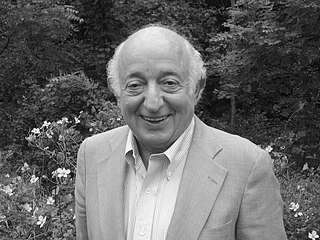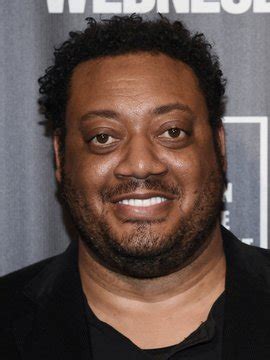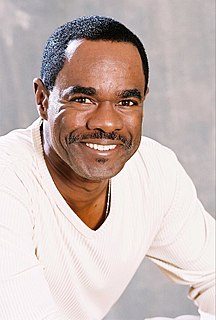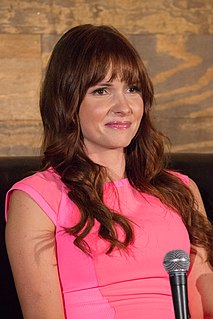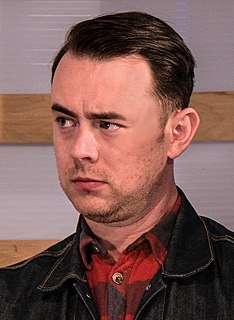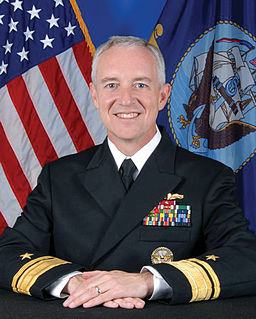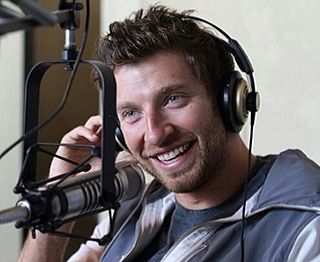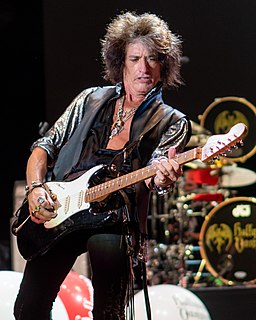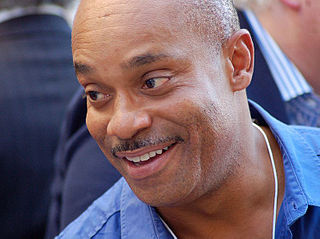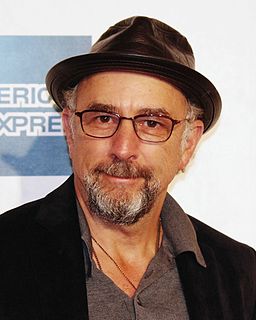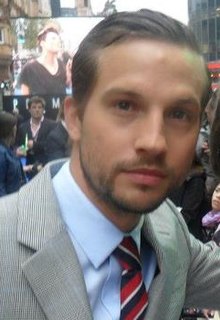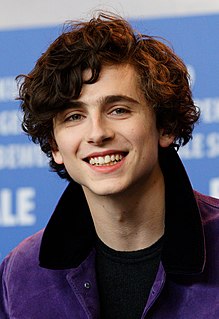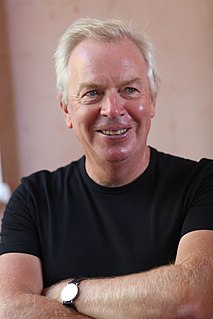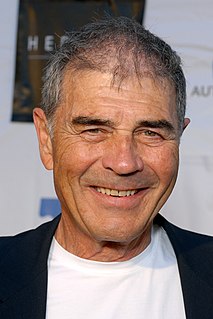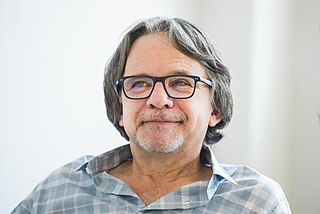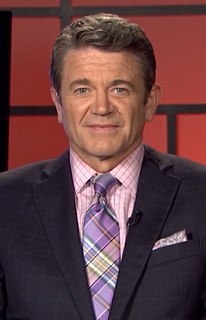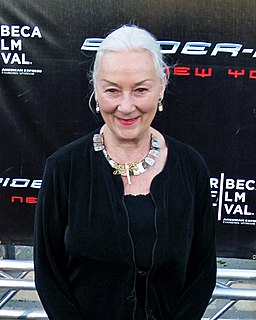Top 1200 Stage Actors Quotes & Sayings - Page 3
Explore popular Stage Actors quotes.
Last updated on April 20, 2025.
Steven and I stood on the stage at the Boston Garden after the Stones had just played there and the stage was still up. We had been playing cards, maybe a high-school dance, to 400 or 500, maybe a thousand. We just stood on the stage and thought, 'Well,man,maybe someday.' In 4 years that was OUR stage.
There is what Steve Blank calls the stage where you are searching for a scalable business model. Then, there is the stage when you have found that model and need to scale it. In the former stage you have to have a "beginner's mind," be in learning mode, and expect to learn things you didn't anticipate.
I wanted to be an actor ever since I was five. My grandparents - my mom's parents in New York - were stage actors. I think indirectly I wanted to do it because of them. My grandfather would tell me stories about Tennessee Williams and actors he worked with in New York. He had such a respect for acting and such a love for storytelling about that world. I grew up hearing him tell tales of it.They were never encouraging me or discouraging me to take part. They were always feeding me with theater.
I’ve never agreed with the conventional wisdom that ‘actors are great liars.’ If more people understood the acting process, the goals of good actors, the conventional wisdom would be ‘actors are terrible liars,’ because only bad actors lie on the job. The good ones hate fakery and avoid manufactured emotion at all costs. Any script is enough of a lie anyway. (What experience does any actor have with flying a spacecraft? Killing someone?) What’s called for, what actors are hired for, is to bring reality to the arbitrary.
I decided I would open this little actors' workshop I always told actors to look for. That gave me something to do on Wednesday nights, and after about a year of that, I realized that some of the things I was saying to actors probably had broader application. I ran into a magazine called 'Speakers For Free.'
When I got into the movie business, working with actors was the one thing I was really weak at. I didn't know what to say to actors. They scared me and intimidated me. The actors that I've worked with who have had a lot of experience, or who I've even grown up watching as a kid, were really scary. I was like, "What am I going to say to this person?" But, I've matured. It's fun. I understand what actors do now.
Normally classical music is set up so you have professionals on a stage and a bunch of audience - it's us versus them. You spend your entire time as an audience member looking at the back of the conductor so you're already aware of a certain kind of hierarchy when you are there: there are people who can do it, who are on stage, and you aren't on stage so you can't do it. There's also a conductor who is telling the people who are onstage exactly what to do and when to do it and so you know that person is more important than the people on stage.
There is no definitive list of the duties of a stage manager that is applicable to all theaters and staging environments. Regardless of specific duties, however, the stage manager is the individual who accepts responsibility for the smooth running of rehearsals and performances, on stage and backstage.
There are some actors that are great stars and storytellers, but not necessarily good actors. I'm talking about some - not all - of the people you see in action flms or blockbusters. They're film stars, though not necessarily great actors. And there are those who are great actors, but not necessarily big film stars. Jim Sturgess is both. He's quite obviously a star, the audience likes him, he's a great storyteller and he turned out to be one of the greatest actors I've worked with as well.
Modern tourist guides have helped raised tourist expectations. And they have provided the natives- from Kaiser Wilhelm down to the villagers of Chichacestenango - with a detailed and itemized list of what is expected of them and when. These are the up-to-date scripts for actors on the tourists' stage.

